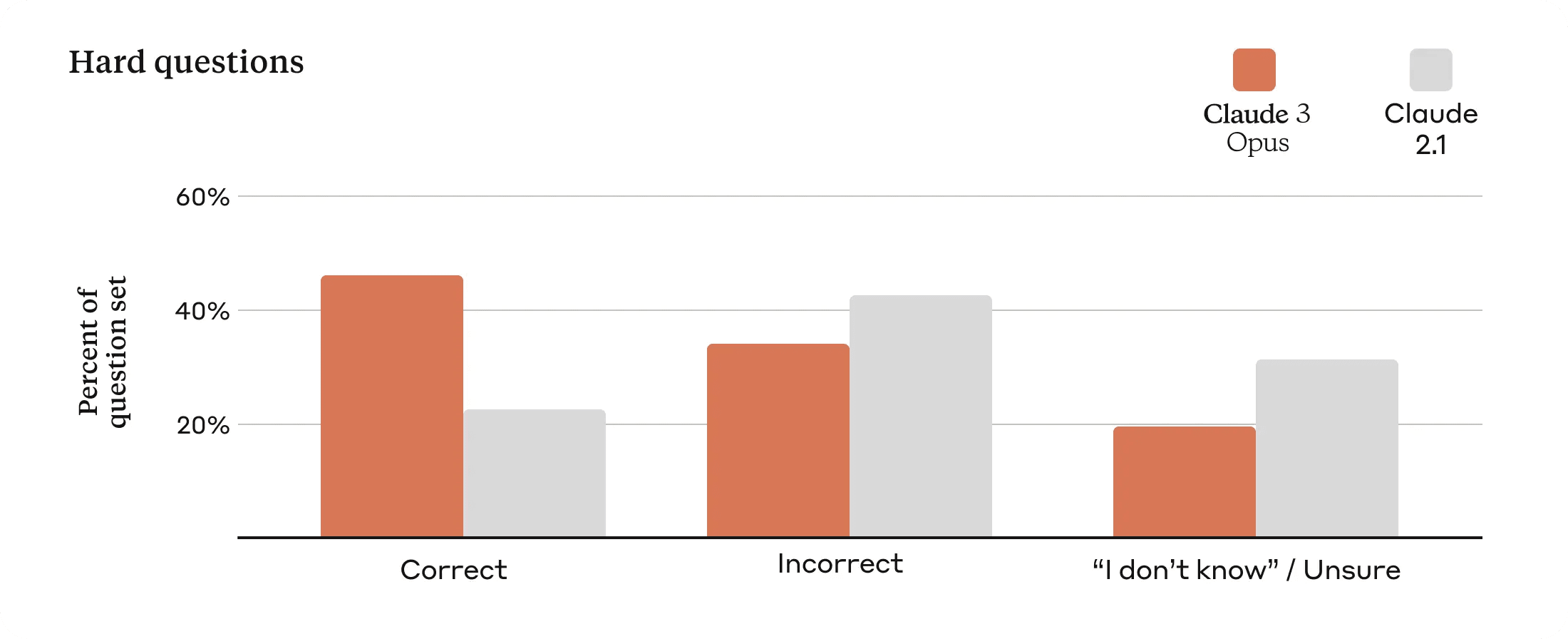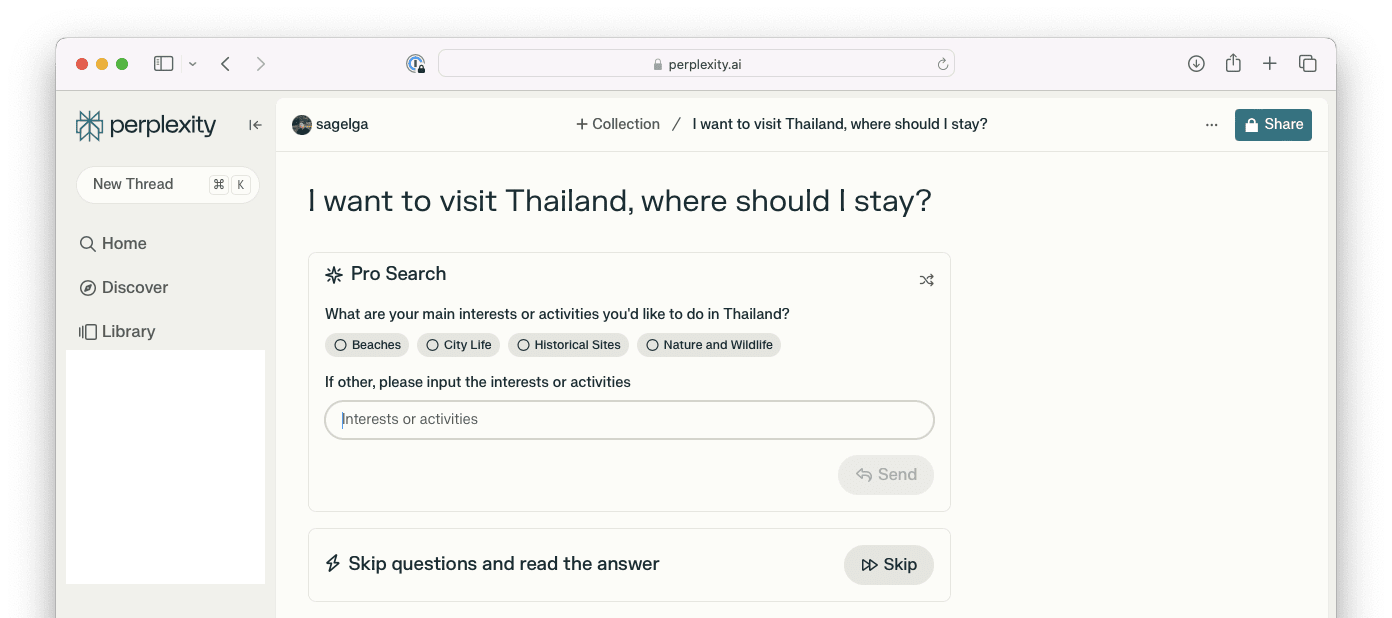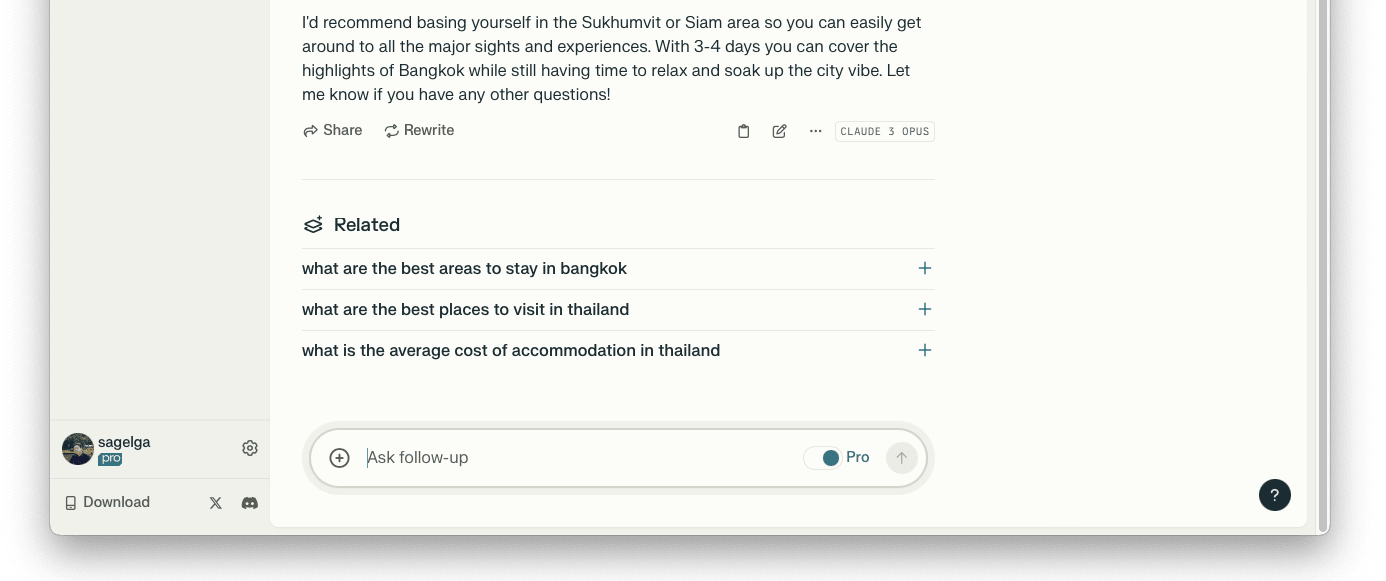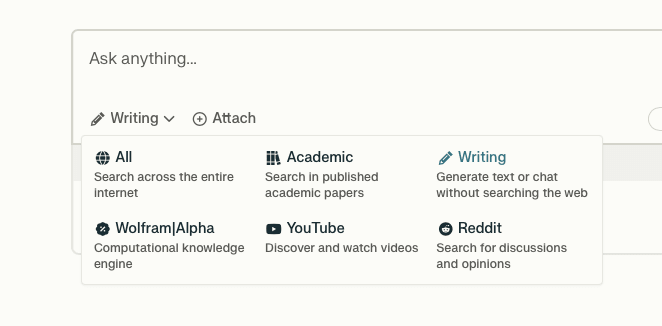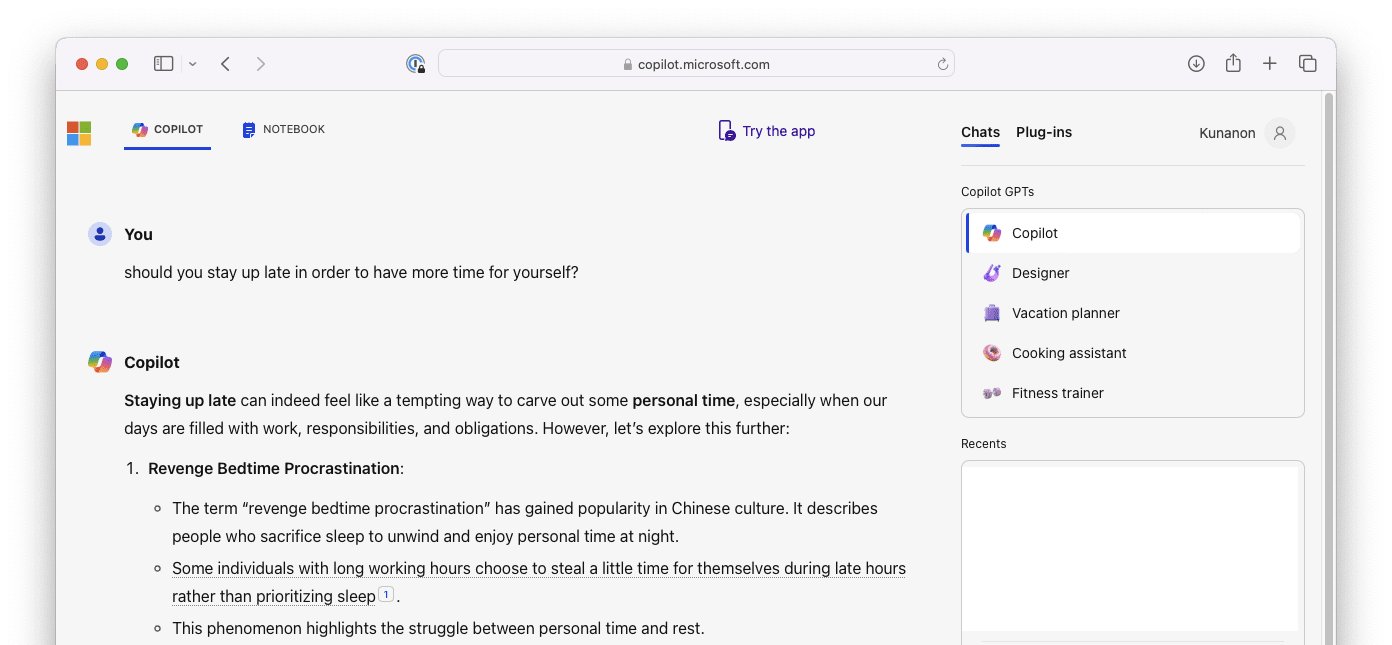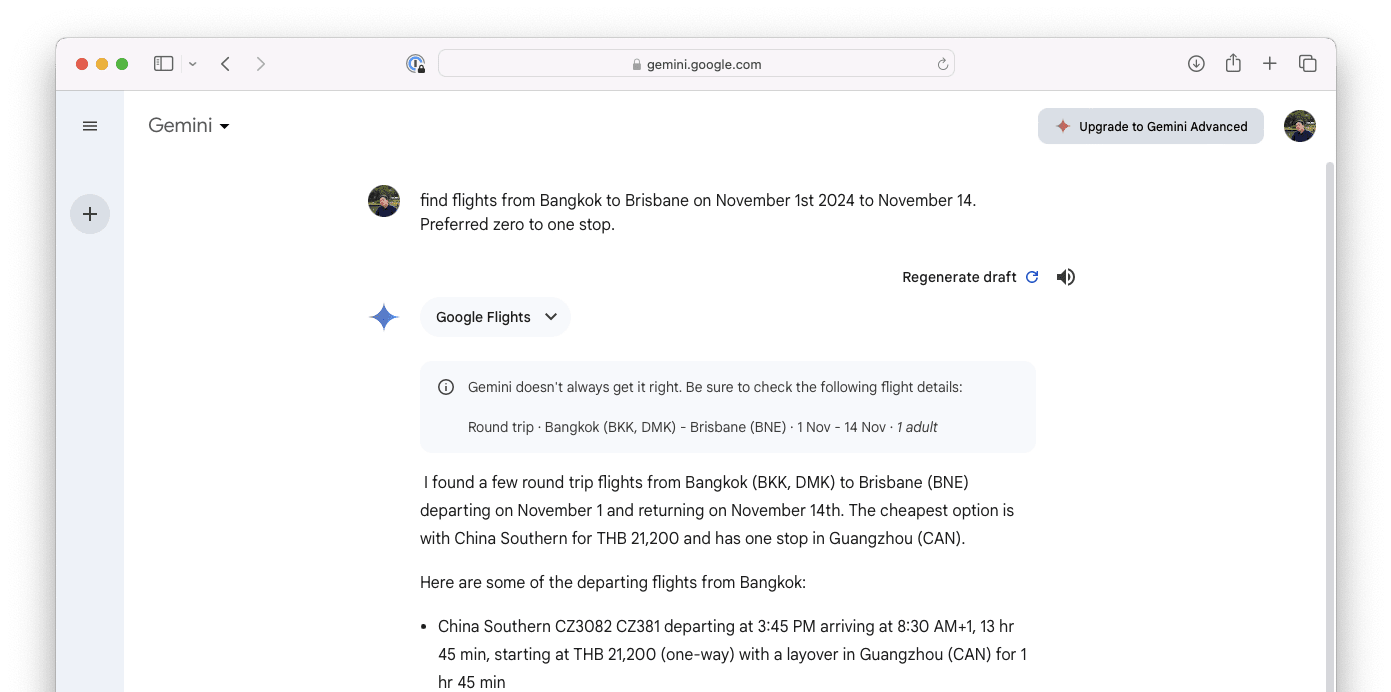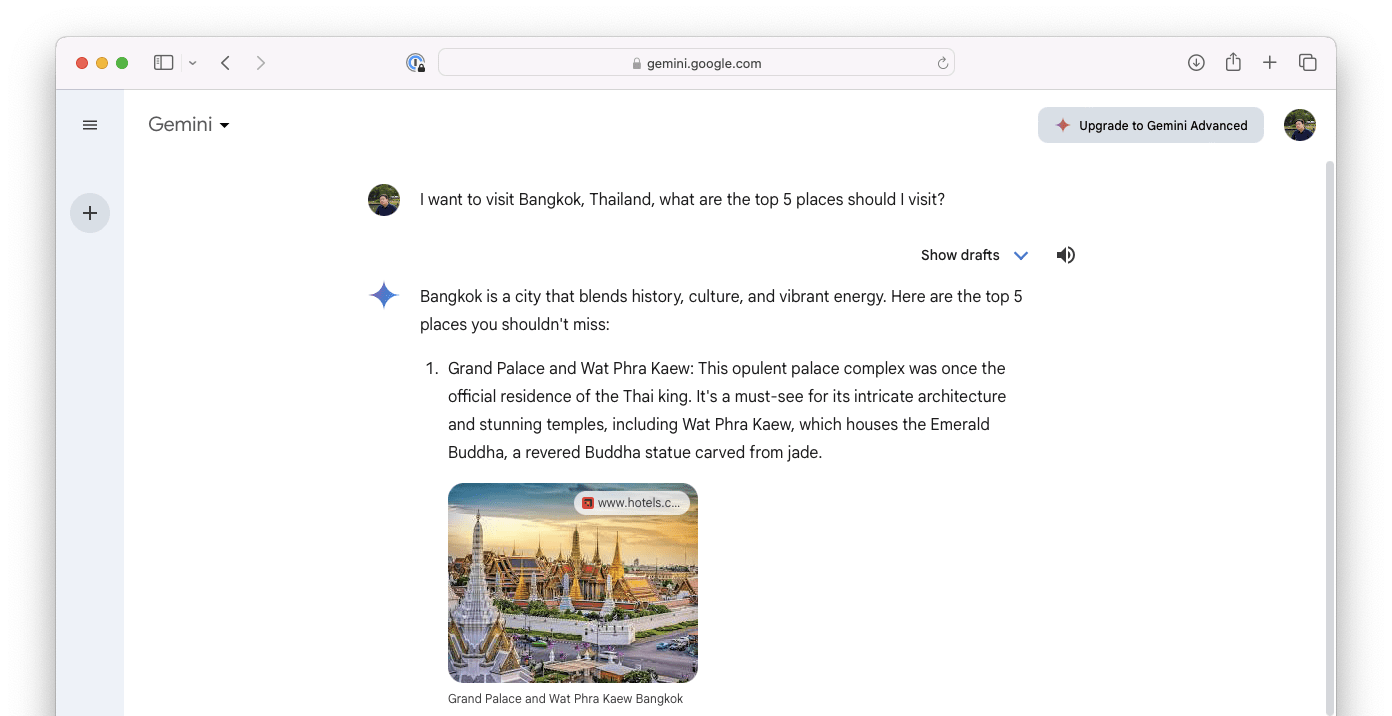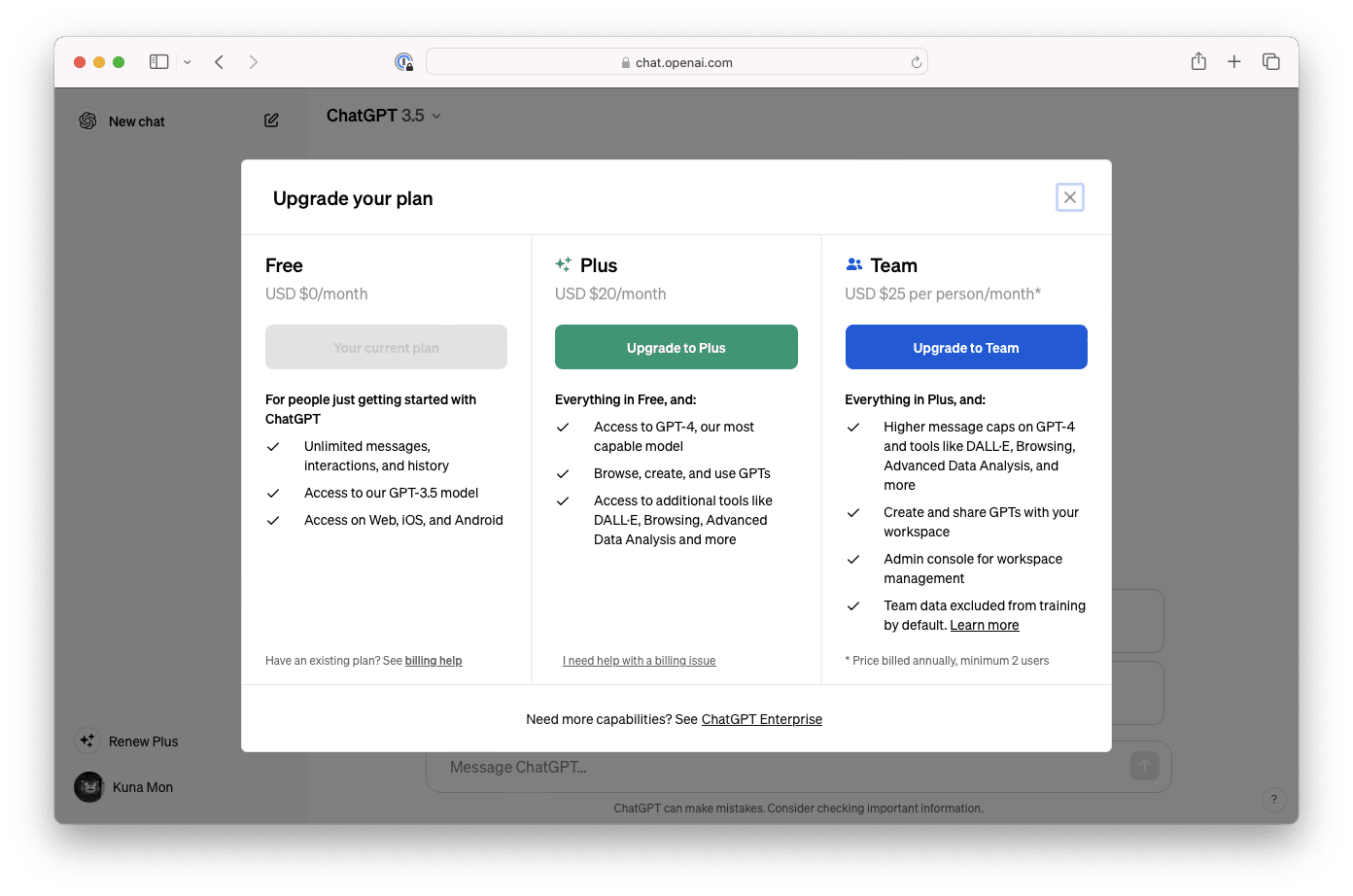Introduction
It's been two whole years since we were shocked by the capabilities of ChatGPT. According to OpenAI in November 2023, over 92% of companies in the Fortune 500 have adopted ChatGPT within their business, and in the clear of growth with streams of partnerships with many companies around the world even with Government of Iceland to preserve language using GPT-4 ability. That is a win for Generative AI and the future of humanity!
Even though creating a PowerPoint presentation, summarizing pieces of information, data analysis, and researching for confusing IT terms and solutions are what the ChatGPT potentially being able to execute, but how can such language model being able to succeed that?
Notably, consulting services like Bain and Company, Deloitte, McKinsey, and PwC may not perform better than you asking all the questions to the Generative AI. This is how much advancements in Generative AI has gone through, and now the limitation is on your imagination only.
"The future of research, AI will steer, Empowering scholars, year after year." – Claude Opus, an artificial intelligence model developed by Anthropic
But why these incredible gemstone falls short when it comes to reliability? In this article, we will discuss on why you shouldn’t use normal ChatGPT to do researching. Where did it falls short, and what tool(s) should you use instead.
The Pitfalls of Using ChatGPT for Research
One of the things is the fact that it will be an information cutout. The basic idea is that the research teams must feed them data up to a point, and then allow it to improve from that point onwards. This makes sure the language model is stable and is trained with good data that they have picked to be a foundation of the model.
Technically, it means they have the latest information about the world, up to a point. Disaster comes when the facts or solutions you are looking for are being updated or out of the date range. This is the part where you have to involve yourself to fill in the blank.
All of the publicly-available Generative AI models like OpenAI’s ChatGPT 3.5 (ones you are using for free), along side with GPT-4, and Anthropic Claude's Sonet and Opus are all relied only on information stored in the model.
Moreover, modern Generative AI models lack true understanding and context awareness. Their inability to fully comprehend nuances and apply critical thinking undermines their effectiveness for complex, multi-faceted research tasks that require human-level reasoning. So sometimes, they might get it wrong without knowing it being wrong.
In the following chart, two generative models are being compared side by side on their accuracy.
The latest generation of Claude, the Claude 3 Opus performs 2x accuracy and reduces the amount of Incorrect answers when it does not know the answer.
But wrong is still wrong. Keep that in mind.
Hallucination is a another phenomenon in generative AI models where they produce inaccurate or fabricated information. This means you cannot fully trust these models, as they may pull data from incorrect sources, straight-face lying to you, or provide outdated results.
In summary, while generative AI models are effective and valuable tools, it's essential to double-check their responses and verify the reliability and accuracy of their information sources.
Alternatives to ChatGPT for Academic Research
This is where you have to do your part. You will have to manually fact-checking the response with citations, and these are the top 3 Generative AI models and services that offer citations.
Perplexity AI
Perplexity AI is now my new go-to service when I have to dig through content across the Internet to find the solution I am looking for. It offers several useful features: the ability to provide data source, or even do image search, and video search.
Best of all, the option to ask follow-up questions. For example, if I would like to visit Thailand and needed the place to sleep, but I clearly did not state what is my preference, how long and when I will visit Thailand, or what town will I visit. Perplexity AI will ask for a follow-up question to further clarify my needs.
Here are some of the example questions they asked me:
- What are your main interests or activities you'd like to do in Thailand?
- What is your preferred accommodation type?
With answers related to your query, they will provide the summarized information from the Internet for you to check, and you can ask them a follow-up question with the Related section, just like you do on Google Search.
Best of all, you can allow it to focus on academic papers only, disabling web searches, or alternatively you can have it go through only Reddit to see the discussions and opinions of others. This will help you tailor what you actually want from the Internet, whether it's a video from YouTube or a scientific paper on specific topics.
Price: Free (with Perplexity Pro subscription of $20 a month, opens access to the best Generative AI models like GPT-4, Claude Opus, DALL-E 3, Mistral, and Stable Diffusion XL; unlimited file upload, and unlimited access to follow-up questions)
Want to try it out? Get a $10 discount on your first month with Perplexity AI by subscribing using this referral link: https://perplexity.ai/pro?referral_code=SO4VF0JY
Integration: Support for all platforms including Web and Mobile Apps. Versatile to all uses, and does not require you to be dependant to any Generative AI models.
Microsoft Copilot
I know, I know; Microsoft Copilot is built from the GPT-4 Turbo model, which is the same thing as OpenAI's ChatGPT. But with its feature to try citation every sentence with a reference source searched using Microsoft Bing is going to help you with fact-checking each sentence, and not the whole answer.
So if you fact-checked it and managed to find some discrepancy or error, you can trivialise only that one sentence, but not the whole response.
Lots of people hate Bing and Microsoft for some reason. I get it. But I have to tell you that Microsoft is generous to offer a product that costs $20 (I'm looking at you, ChatGPT Pro) and does the same thing for free.
Price: Free! (with Microsoft Copilot Pro subscription of $20 per individual user or $30 per user in an organisation; gives you the features of integrating the power of GPT-4 into Microsoft Word, Excel, PowerPoint, and Outlook services; and it also includes 1TB worth of OneDrive storage)
Integration: Asking questions about your files and shared files in OneDrive, SharePoint, Word, Excel, PowerPoint, and Outlook. Integrate seamlessly with Microsoft Windows 10 and 11.
Google Gemini
From the same company that offers Google Search Engines, Google Gemini is perfect for getting relevant data from the Internet, with a proven history of being reliable with its search engines. Now, they can integrate even more services, including Google Photos, Google Maps, YouTube, Google Flights and Hotels, and Google Workspace. This makes Generative AI your data companion and offers you the ability to find what's relevant to you.
However, in some other aspects, they did not perform well. The service asks Gemini (as in the Generative AI model) directly, and it does not do a fact-check on Google Search first. This might make the answer go wrong right away, and the fact-check feature makes it seem like they are searching for a website that offers the same answer as them.
Price: Free (with the Advanced AI pack with the price tag of $20 a month, offers you with Gemini Ultra, Gemini integrations with Google Workspace services like Gmail, Docs, Slides, and Meet, as well as 2TB Google One shared storage and additional Google One Premium benefits).
Integrations: Find personal information from Google Flights and Hotels, YouTube, Google Drive, Gmail, Google Docs, Google Maps
For die-hards, ChatGPT.
Hate to say this, but our last recommendation is ChatGPT. But not just only normal ChatGPT you have been using for a while, but a ChatGPT with Internet Search using Microsoft Bing. It comes with the power of GPT-4 and it can do most of the research task like you expected.
OpenAI has these features released years ago, and it has constantly impressed me with how much potential it can provide if those Generative AI can fetch all the data on the Earth for us in mere seconds.
But this feature is available for ChatGPT Plus (paid) users only, and the model and search engine it use will be on par with Microsoft Copilot that offers this service for free.
For users who frequently switch between web-connected and standalone AI chats, the ChatGPT Plus subscription may prove worthwhile. The flexibility to seamlessly enable or disable web access can enhance prompt engineering and help tailor the AI's knowledge to your specific needs.
Price: Free (with unlimited access, it costs $20 a month, and you will get access to GPT-4 model, unlimited GPT-4o usage quota, and DALL-E 3)
Integrations: It just keeps expanding with its new GPT store and lots of brand are collaborating with OpenAI.
Conclusion
When using generative AI to speed up information research, first ask yourself these questions:
- Can you try or test out the solution, even if the result might not be what you are expecting?
- Is the task critical, where failing to fact-check every detail could lead to significant problems?
- If the citations are provided, am I willing to read and verify those sources?
If you answer "no" to these questions, then feel free to use generative AI freely in whatever manner is helpful for your research. However, if you answer "yes" to any of them, a more cautious and diligent approach is recommended.
Take your time to reflect and proofread the result of the answer it provides. Follow up on any citations to assess the credibility of the sourced information. Remember that while AI can accelerate research, it is not a substitute for human discernment and critical thinking.
and here are some tips you should know:
- Use the AI output as a starting point, not the final product. Take the time to revise and refine the writing in your own words. This will help ensure proper grammar and that the text reflects your writing style and understanding of the topic.
- If the AI provides citations, always click through to read and verify the sources yourself. Don't simply trust that the AI has interpreted and represented the source material accurately. Reading the citations will help you gain a full understanding.
- Consider the stakes and use AI accordingly. For low-stakes writing, AI can be used more liberally to assist. But for important research, assignments or publications, AI should only be applied carefully in combination with extensive human review, rewriting and validation.


